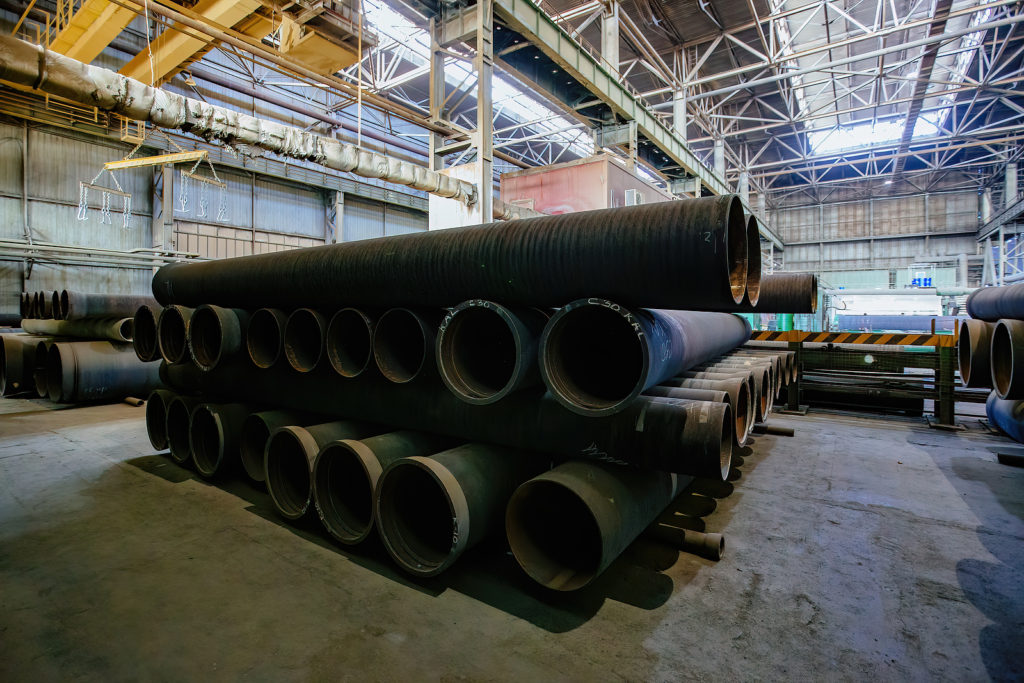Iron is one of the most fundamental metals on Earth. It can be found in various other common alloys, including stainless steel, carbon steel, and numerous other superalloys and metal alloy groups. But what about cast iron? There are many questions surrounding the iron recycling industry, like “Is cast iron even iron at all?”
Continue reading to learn more facts about cast-iron, including its common components, common applications, and whether or not it can be recycled.

Basic Facts About Cast Iron Metal
Many people mistakenly assume that cast-iron materials are made of 100% iron. But the truth is, cast iron is any metal alloy of which the primary element is iron. This makes up a large family of metal alloys. Here is an interesting fact to help you better understand the use of cast-iron: many carbon steels have more iron elements in them than cast-iron metals.
So, what makes an alloy cast iron? Well, the universally-agreed upon definition is any metal alloy that is predominantly iron and contains less than 2% of carbon. Cast iron frequently contains other alloying elements, such as manganese and silicone.
Types of Cast Iron
There are many types of cast-iron alloys, but the four primary categories include white cast-iron, gray cast-iron, ductile cast iron, and malleable cast-iron.
White cast iron contains high quantities of iron carbides, rendering it more brittle, but giving it enhanced water resistant capabilities. Gray cast iron contains graphite flakes, thus enhancing its machinability properties.
Ductile cast iron is composed of graphite nodules, giving it more ductility than other versions of cast-iron. It retains high tensile strength. Malleable cast iron is white cast iron that has been heated treated so to alter iron carbides into graphite nodules. This makes it similar to ductile cast iron.
Common Applications of Cast Iron
There are many commodities in the world that are made from cast-iron and similar alloying metals, including automotive parts like engine blocks, disc brakes, chains, sprockets, gears, gear plates, rods and shafts, and more. It is also used to manufacture machinery, housing, cookware, and even mining equipment.
How to Recycle Cast Iron in Indianapolis
Cast iron can be recycled, just like all other metals. Whether you are a builder, plumber, construction company owner, or just someone with a load of cast iron material on your hands, do the right thing and recycle it at a local Indianapolis metal recycling center. Not only are you supporting the local environment by preserving our natural resources and reducing pollution, but you are also boosting the local economy and putting money back into your own wallet. That’s right; you can get paid cash on the spot if you choose the right Indianapolis scrap metal buyers on the block!
Not sure which scrap metal buyer company to choose Indiana? Contact Zore’s Recycling at 317-244-0700 to get paid cash on the spot for ferrous metal and iron recycling in Indianapolis, Indiana. We offer free haul away for large cargoes like junk cars and appliances!
Related Posts:
A Comparison of Ferrous and Nonferrous Metals
Types of Metal Categories and Common Examples of Each
How to Clean Cast Iron Rust Stains on Stainless Steel

